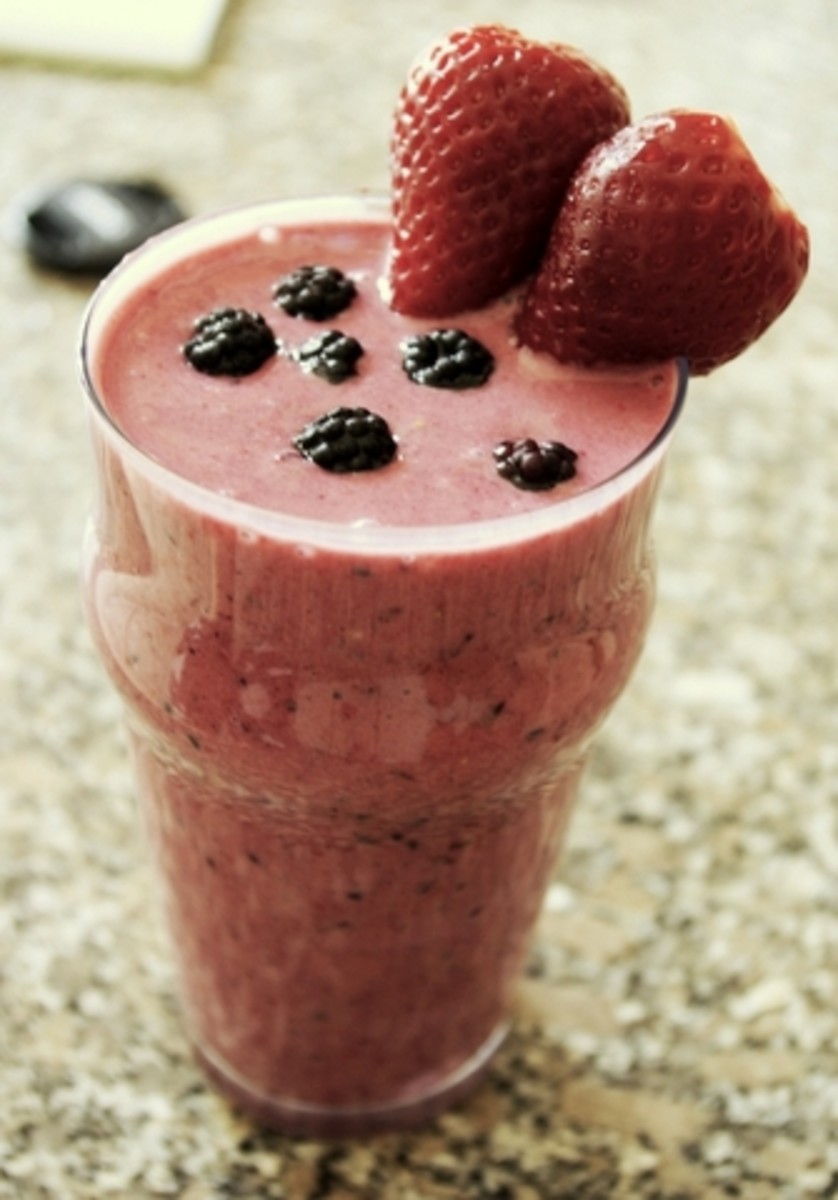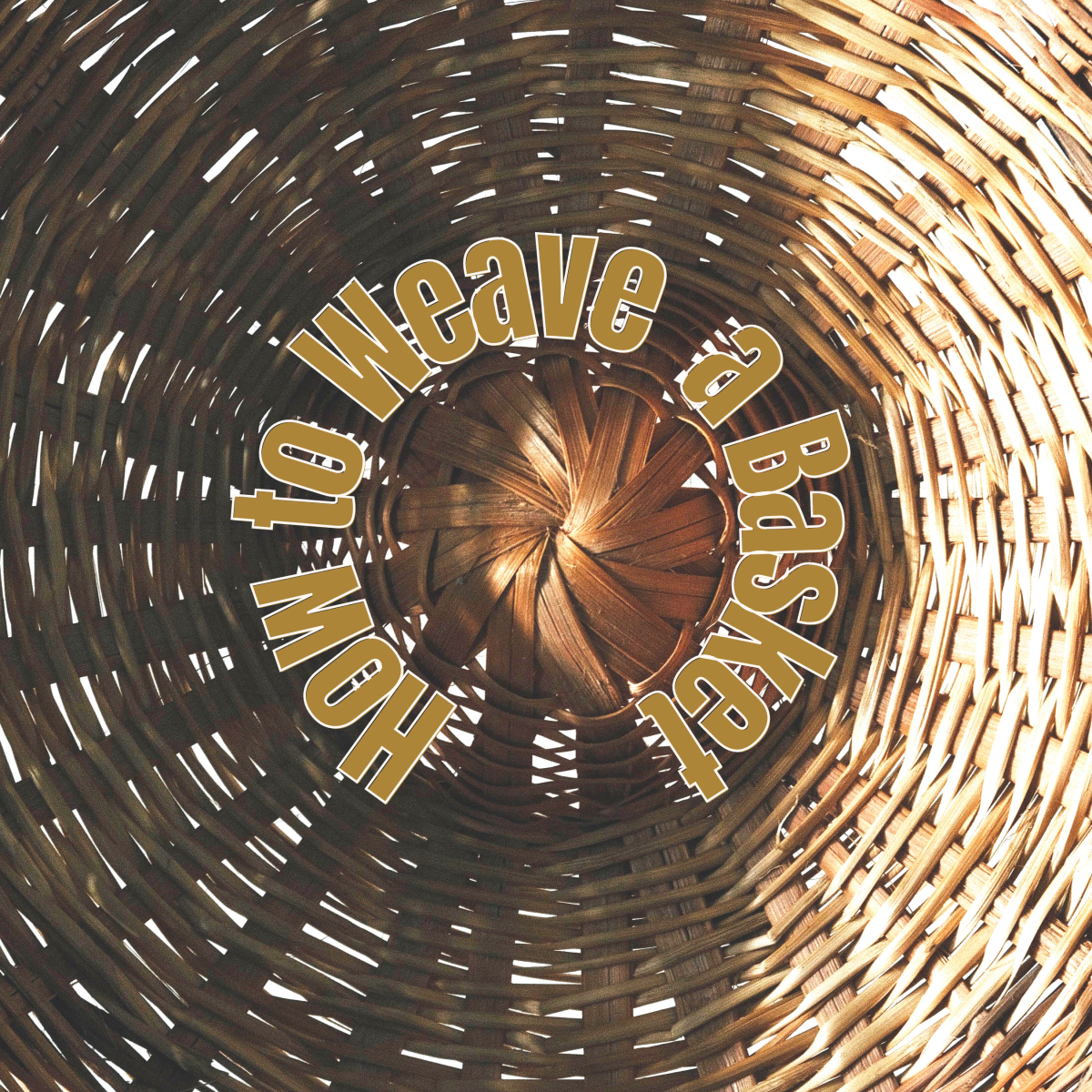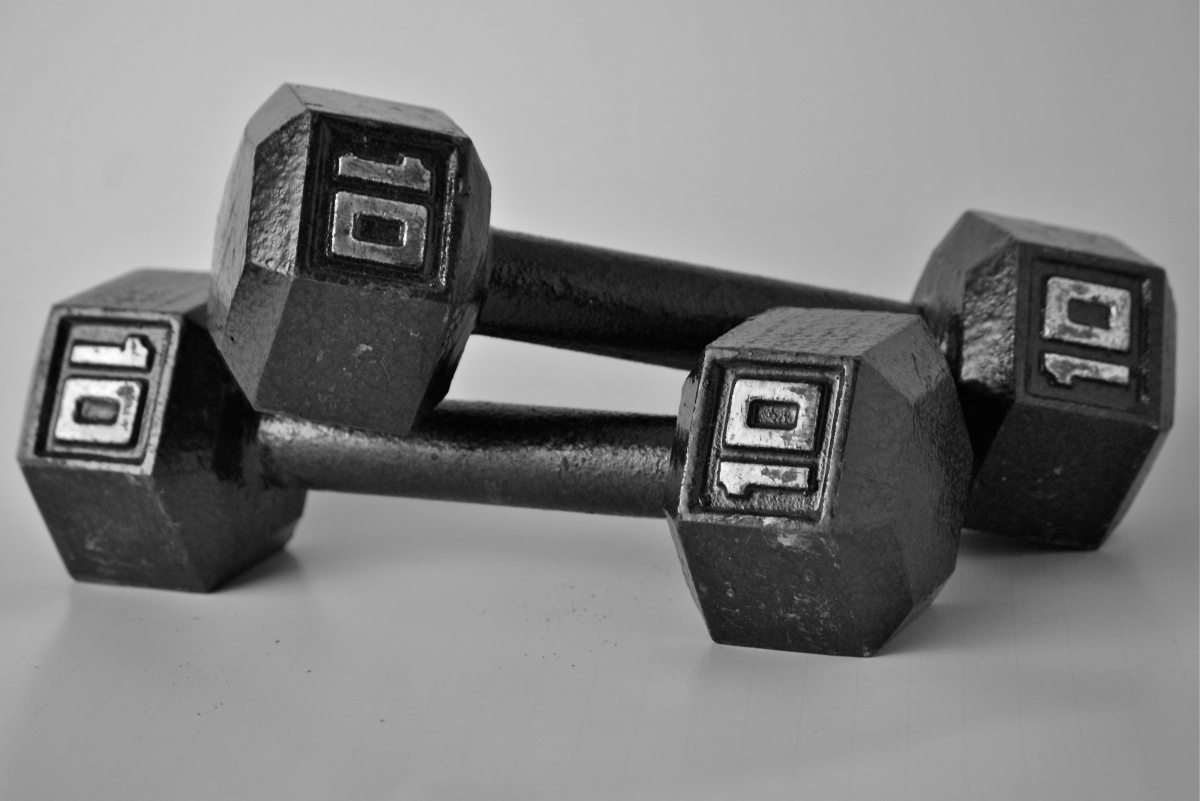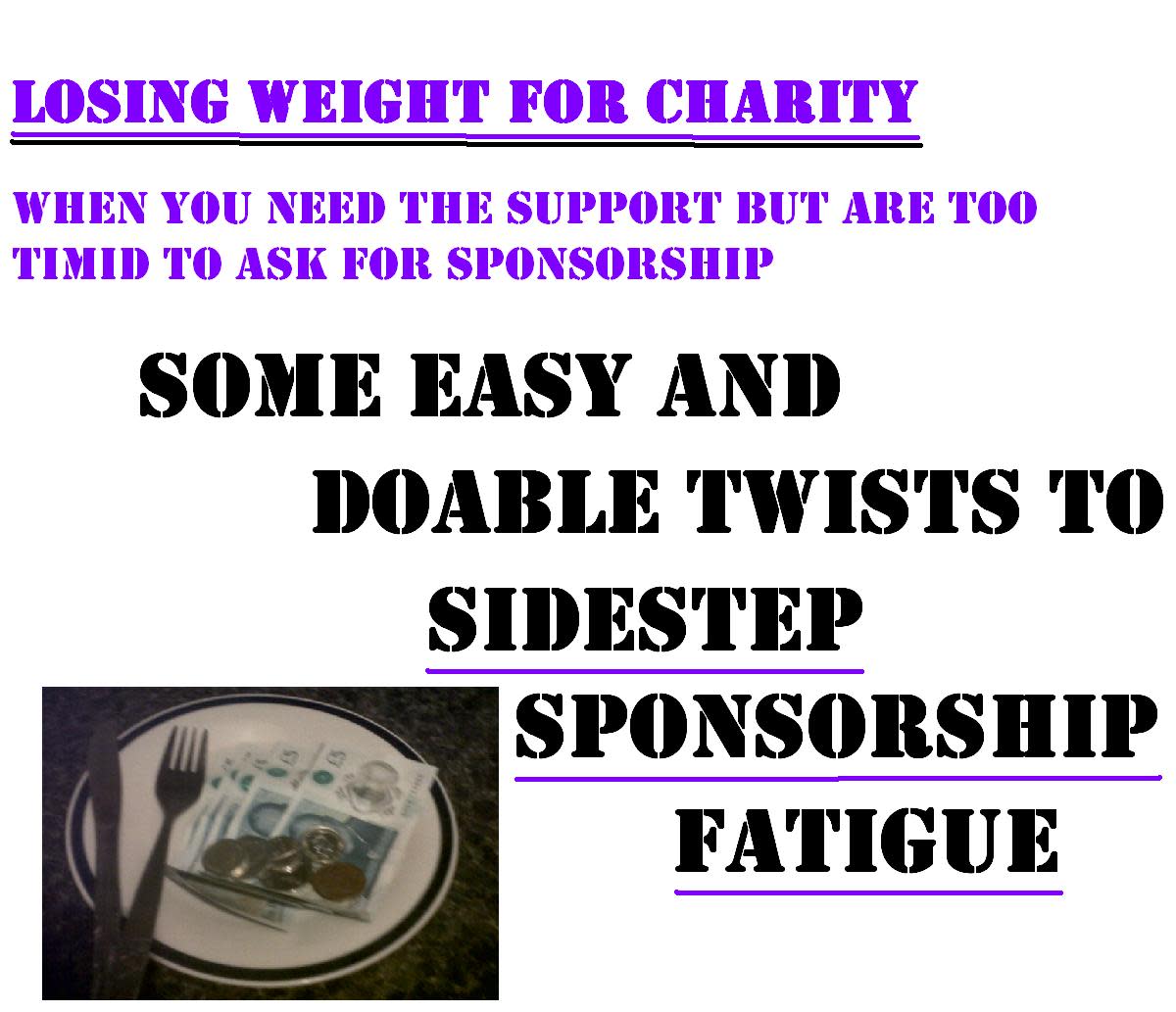What Do Protein Shakes Actually Do For You? A Beginner's Guide
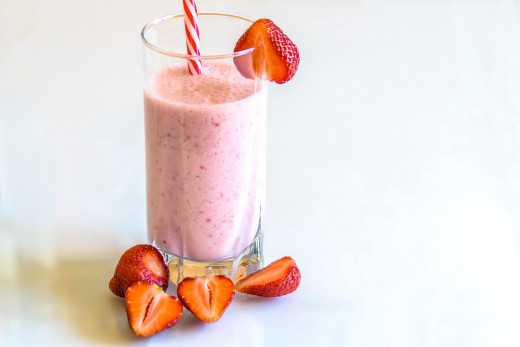
Protein shakes are an increasingly popular supplement to a regular and rigorous exercise program. They offer an array of benefits, from boosting immune function to helping muscles repair and grow.
But what exactly is in protein shakes? Why are they so popular with bodybuilders? And are they right for you? Read on to learn all that and more in this beginner’s guide to protein shakes.
Why is protein so important?
Protein shakes are a popular fitness supplement, but what are the benefits of drinking them?
Protein plays a vital role in muscle function — it helps them grow, repair, and work as they should. Beyond muscles, protein also helps boost metabolism, strengthen bones, increase fat burning, maintain weight loss, and so on.
In short, protein is essential for keeping your body working as it should. Most people get protein through their diet, through protein-rich foods such as lean chicken, fish, beans, tofu, lentils, yogurt, seeds, and so on.
But for people engaged in high-intensity fitness programs, especially weight-lifters and bodybuilders, they often need more protein to supplement their regimen. Bodybuilders, in particular, often need extra protein to repair their muscles after intensive workouts.
What’s in a protein shake?
Protein shakes come in all shapes and sizes: different levels of protein, different ingredients, even different flavors — there’s a lot of variety. The protein powders offered by Naked Nutrition, for instance, offer varieties such as grass-fed whey, pea protein, weight gainer, and so on.
But your classic protein shake generally consists of a few spoonfuls of protein powder, which is then mixed with milk or water (and sometimes a spoonful of cocoa powder for flavor).
The protein powder itself generally consists of a powdered form of protein. This is usually from a plant such as soybeans, rice, or even hemp, but it can also come from eggs or milk. The powder also often contains added sugars, vitamins, thickeners, minerals, and other extras.
When should I drink them?
As mentioned earlier, protein is essential for the growth and repair of muscles after exercise. Consequently, many people choose to drink them in the 30 minutes immediately after a workout to help expedite this process.
This 30-minute window is known as the “anabolic window”, during which your muscles supposedly absorb protein with greater uptake. It is generally thought that drinking protein outside of this window results in less effective absorption of it.
However, research suggests that this window is actually longer than 30 minutes, and it might not be limited to post-exercise either. Indeed, it suggests that the time you drink a protein shake might not have a role at all in muscle repair or growth.
How much protein powder should I use in a shake?
Most protein powders come with a recommended 30g serving. This is the optimum amount required to repair any damage done during an intensive workout. It also helps spark muscle protein synthesis — this is when new muscle tissue is formed.
Most people drink protein powder with water or milk. However, some people use other kinds of milk, such as almond or soya, or coconut water. Others choose to mix it with fruit and milk for a smoothie, and others still use it as an ingredient in general cooking.
Are protein shakes right for me?
If you engage in any kind of fitness routine, whether it’s bodybuilding, cardio, endurance, and so on, then you require more protein than those who don’t.
General medical advice is to take 56g of protein per day, but this is mainly through diet. Protein powders provide a quick and simple way to increase your intake of protein on a daily basis.
It’s important to note that protein shakes are supplements, not replacements. Their function is to fill in the gaps, as it were, of an otherwise varied and balanced diet. The best way to consume protein through diet is through fish or white meat (where appropriate), as it contains other necessary nutrients.
Of course, for vegans and vegetarians, this isn’t always possible. That said, there are plenty of other natural sources of protein available to complement this.
Protein shakes offer a quick and easy way to increase your protein intake, beyond simply through your diet. Use the information above to determine whether protein shakes are the right choice for you, and do some research to find the best protein shake that suits your specific fitness needs.
This content is accurate and true to the best of the author’s knowledge and is not meant to substitute for formal and individualized advice from a qualified professional.
© 2020 Laura May

